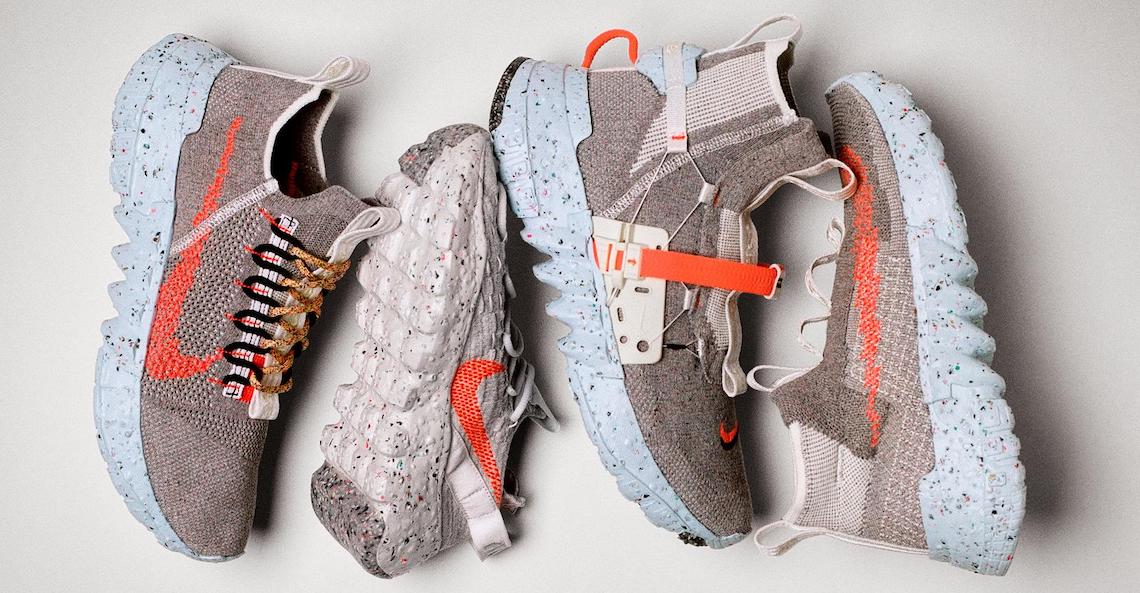Last week, several big fashion brands announced that their emissions have increased recently, sliding back on some of the carbon goals the industry has set for itself. Elsewhere, The RealReal drops beauty and Snap offers its first AR product for brands to use on their own sites. Don’t forget to subscribe to the Glossy Podcast for interviews with fashion industry leaders and Week in Review episodes, and the Glossy Beauty Podcast for interviews from the beauty industry. –Danny Parisi, sr. fashion reporter
Big brands’ emissions are increasing rather than reducing
Two major fashion companies released estimates of their own carbon emissions last week, both of which showed an upward trend, rather than the downward shift that both had promised.
Kering, which aims to cut its emissions in half by 2035, increased its emissions by 12% last year, equating to 2.4 million cubic tons of carbon dioxide put into the atmosphere. On the positive side, Kering’s new goals decouple emissions from revenue. Previous calculations set Kering’s emissions goals as relative to their revenue, meaning that if Kering’s revenue grew, even a lower percentage of emissions could be higher in absolute numbers.
Nike, on the other hand, managed to just break even with its emissions, reducing emissions 8% this past fiscal year after they grew 8% the year before. But a report released by the brand last week estimated that its emissions will rise this year, citing increased demand for product and low availability of scalable low-carbon options for production. Nike is hoping it can reduce emissions without pulling back its manufacturing by focusing instead on circularity and recycling. The Link sneaker, which debuted last year with another model dropping later this year, is a good example. It’s made without glue for easier disassembly at one of Nike’s eight recycling centers.
The RealReal sunsets beauty
As part of its ongoing cost-cutting and profit-seeking initiatives, the resale platform The RealReal is ending its beauty business. It will sell through its existing inventory and then halt the sales of more beauty products, the company announced on Thursday.
Interim co-CEO Rati Sahi Levesque had previously spoken about how some categories that The RealReal had expanded into over the years, like home goods, ended up being more of a drain on the company’s profits than expected. She owed that to higher costs of shipping and lower margins. Dropping beauty is yet another move to refocus solely on luxury fashion and accessories to keep costs under control and seek profitability.
Snap offers its first AR product
Snap, the parent company of the social app Snapchat, has been working with brands on AR-powered collaborations and activations for years. But last week the company announced its first product that would let those partners use Snap’s AR on their own sites.
Currently, in the shopping section of its app, Snap allows customers to try on virtual versions of brand clothing using its advanced AR filters. They can then make purchases through Snapchat. The new product would charge brands a monthly fee to offer the same tech through their own websites and apps. It’s a strategic shift for Snap away from a sole focus on advertising revenue.




